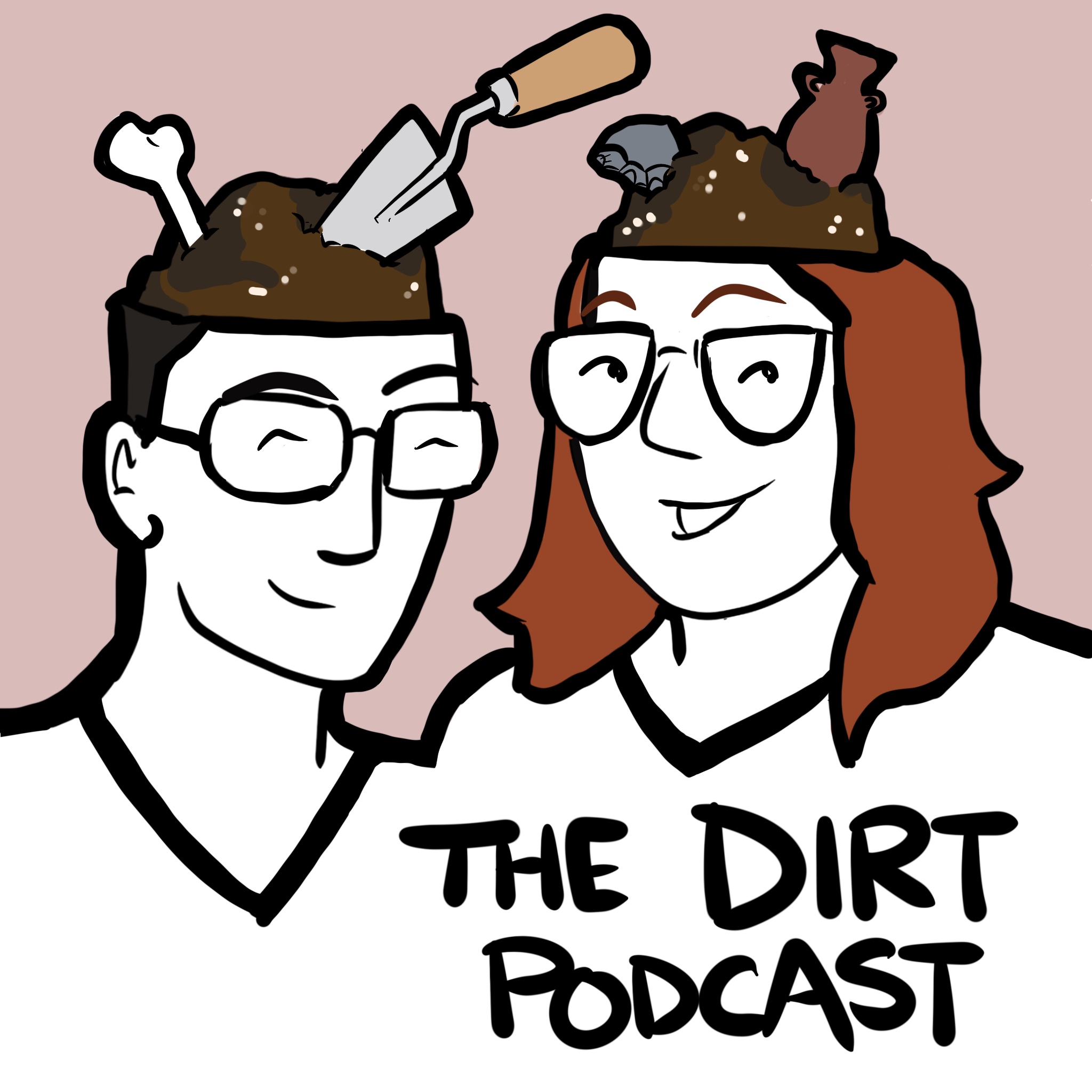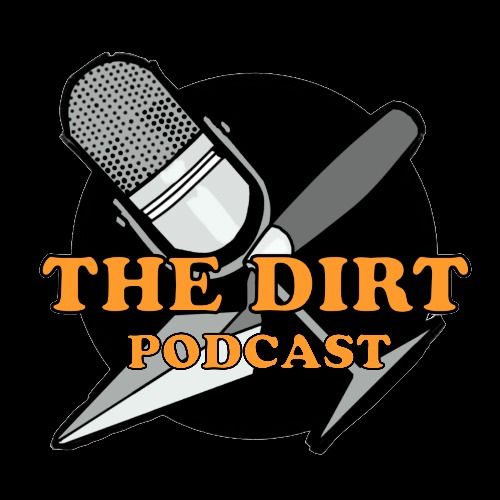Episode 3
The Back of History's Fridge
It's...maybe the most infamous episode of The Dirt! Strap on the barf bags, folks, because today we're talking about bog butter, ancient beekeeping, and where Classical poets thought baby bees come from. Plus, Amber shares a cautionary tale about licking things on an excavation. And hey--never put archaeology in your mouth.
To learn more about this week's topic, check out:
Carson, Rachel D. (2015). The Honey Bee and Apian Imagery in Classical Literature
Poole, Federico. (2001). 'Cumin, Set Milk, Honey': An Ancient Egyptian Medicine Container (Naples 828). The Journal of Egyptian Archaeology, 87: 175-180.
Stable URL: http://www.jstor.org/stable/3822380
Honeybees Sweetened Life for Stone Age Humans (LiveScience)
Honey in the Pyramids (National Geographic)
Itinerant Etruscan Beekeepers (Archaeology Magazine)
And on a final note: Seriously, folks, don’t eat archaeological material. Even if it wouldn’t kill you.

